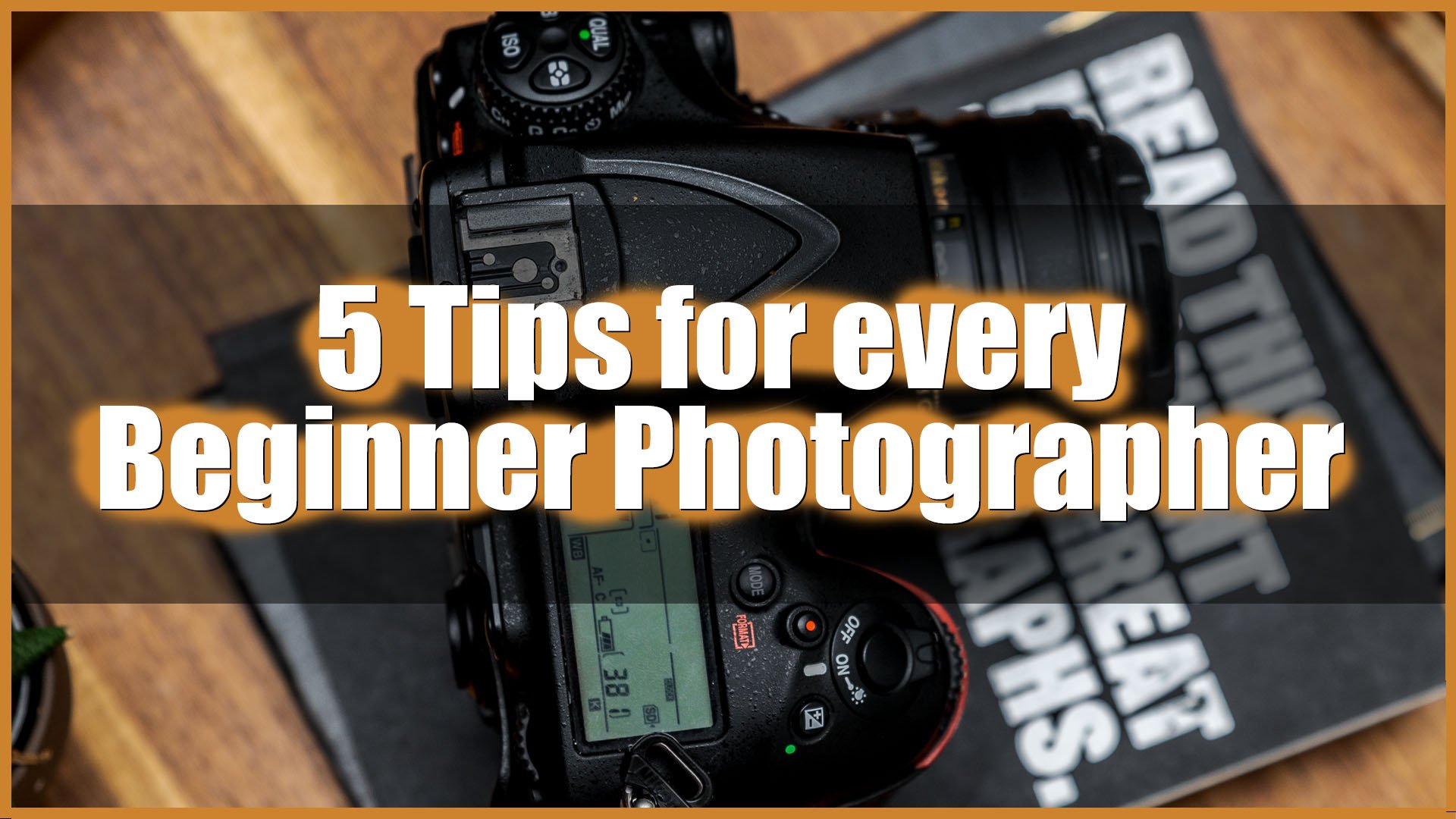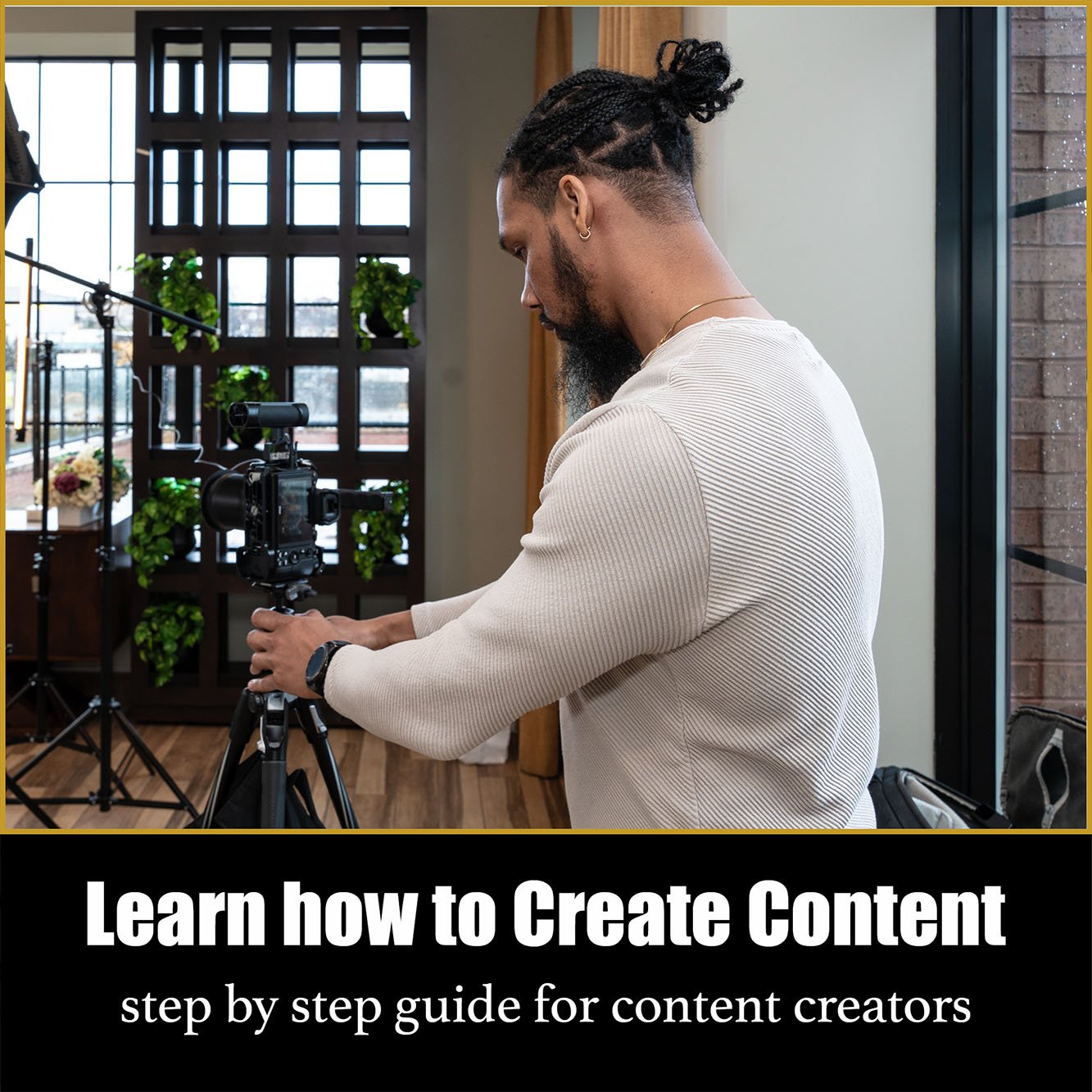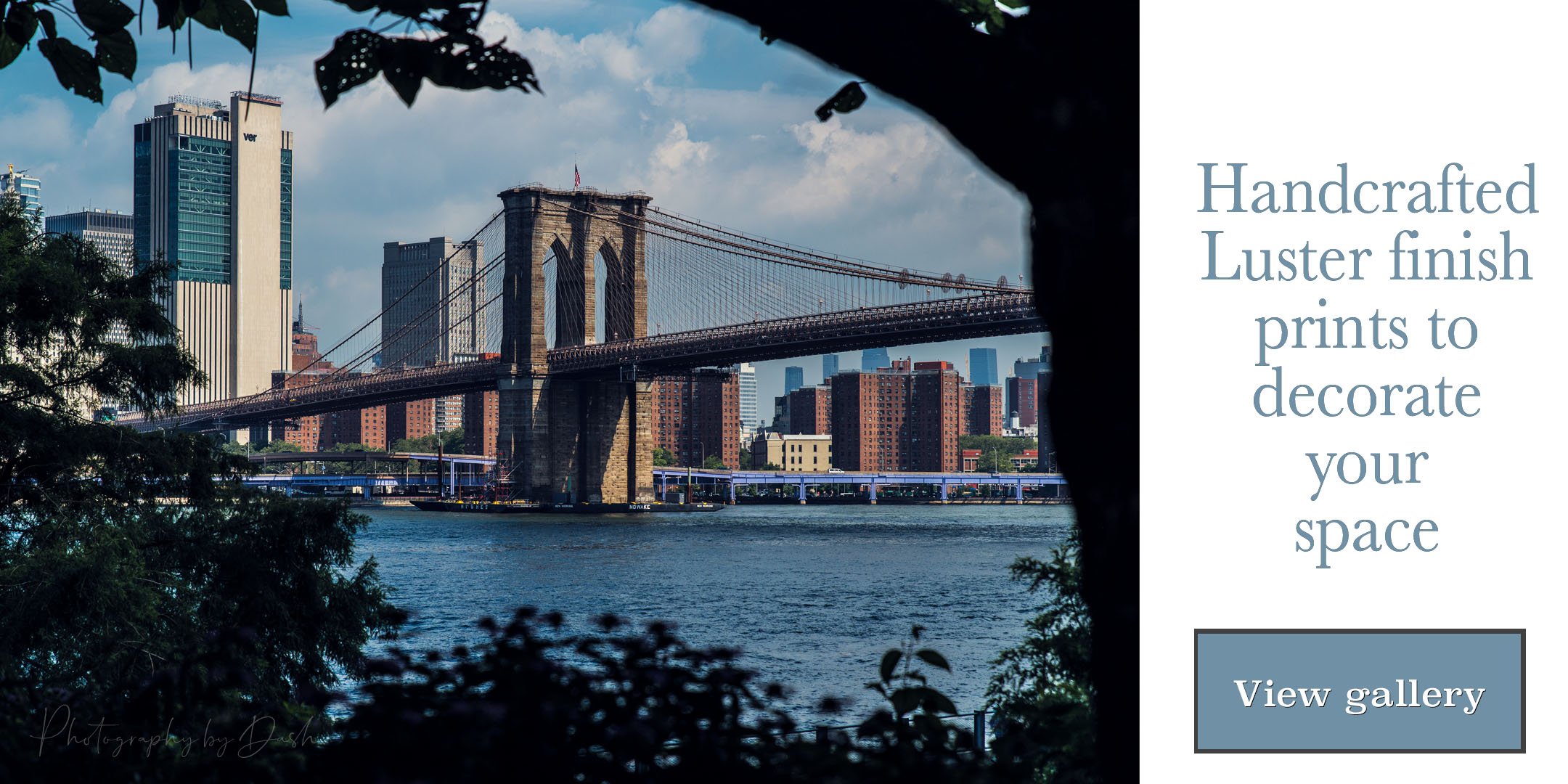5 Tips for Beginner Photographers
Discover essential tips for beginner photographers to thrive in the photography community and build a successful career. Start your journey today!
Are you a brand new photographer?
These are 5 Essential tips that every beginner photographer need to know when starting out.
Learn and develop your skill. Leaving your camera on auto mode won’t cut it…
Thing about any trade skill, Let’s use a plumber for example. He had to learn an specific set of skills in order to get the job done. He doesn’t rely on his tools, but instead his tools aid him in completed the task along with his skills and knowledge. Photography is not exempt. Taking the time to learn your skillset and excute is essential in the marketplace. Learn and develop your skill, leaving your camera on auto mode won’t cut it.
Camera settings beginner photographers need to learn.
3 camera settings you should learn are shutter speed, aperture, and ISO. There is plenty of free information on these topics but I want to give you an general understanding of each. You can think of the Shutter as the curtain over your sensor inside your camera, that open and closes every time you take a picture. Your shutter speed is how fast that curtain open or closes. Depending on what your shutter speed is set too It can have different effects to your image. The faster your shutter speed is you start to freeze motion, the slower it is you add motion blur to your image.
Aperture is like the iris in your eye for the camera. It’s measured in something called “F stop” The higher the aperture number the smaller the hole is (Letting in less light) the lower your aperture number is the larger the hole is (Letting in more light). A higher aperture will bring more into focus in the image, A lower aperture less will be in focus and will give shallow depth of field. This is when whatever you focus on is in focus and everything else in the background or foreground is blurred.
This image was taken at a wide aperture 1.8. This helps ensure our subject is in focus while also helping to separate him from the background. A lot of people like to refer to shallow depth of field as an “Cinematic look”.
This group shot was taken at a slighlty higher aperture at F4. This is to ensure everyone in the shot will be in focus. Typically between F5.6 and F8 would work best for small group photos (Depending on how many people are in the shot )
ISO is how sensitive your camera sensor is to light. The higher your ISO the brighter the image will become and the more sensitive the sensor becomes to light. The Lower your ISO the darker the image will be and less sensitive it will be to light. A lower ISO will keep a cleaner image, a higher ISO will introduce some grain in your image.
These settings sound like a lot to unpack. But learning them and learning when to adjust them according to your shooting scenario is key.
When we are first started out it’s normal for us to shoot what we can and get our feet wet. Family, friends, birthday parties, whatever opportunities come across to us. Over time it’s important to find yourself as a photographer. Ask yourself what do you like? What can you see yourself doing long term? What areas of photography can you see yourself growing in? The sooner you can come to this realization the better off it will be.
It's best to niche down and specialize in specific area(s) of photography.
You don’t need all the gear in the world…
Just the gear that helps you get the job done.
Referencing the plumber again, if a plumber came to your house to fix your toilet with a tire you probably wouldn’t take him serious. As a photographer within a specific niche you want to invest in gear that compliments what you are doing. Gear that’s going to help you get the job done. Having all the gear in the world doesn’t make you the best at what you do. Having the right gear for the job makes you efficient.
As beginner photographers we may get caught up in just the creative side of things. It’s imperative to inform yourself with the business side of photography. One book I recommend to get you started is “ Best business practices for photographers“ by John Harrington.
Also gather as much information as your can from peers in the photography community, 1 on 1 sessions, mentors, books, and workshops.
5. Learn to Attract Clients instead of Chasing them.
Over the course of time of developing your skill, learning your niche and specializing to that niche, you want to create ways to attract those potential clients. A lot of beginners make the mistake of chasing potential clients away with amateur pricing and sales tactics. Present yourself professionally with a website and a great body of work. Put your work in front of your audience.
Let your work speak for itself, create a great impression, become a pleasure to work with, and leave clients with an experience.
In Conclusion
This is straight forward information to get you started in the right direction. If you need additional help in specific areas you would like to grow, consider looking over some of my 1 on 1 sessions.

























